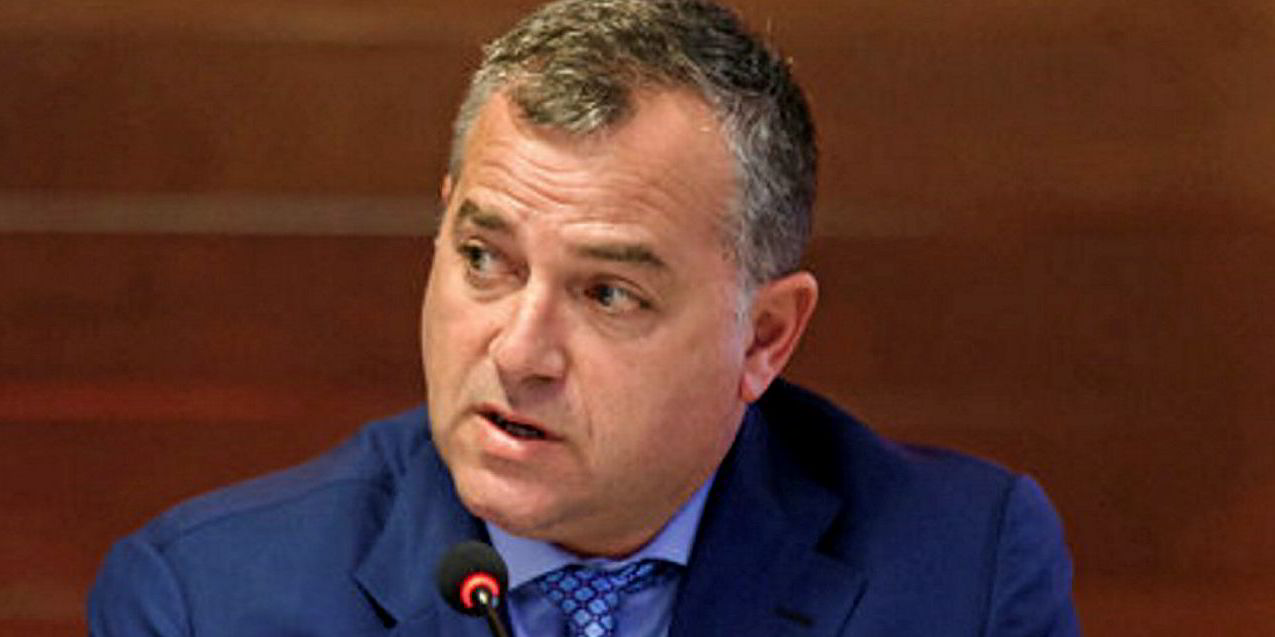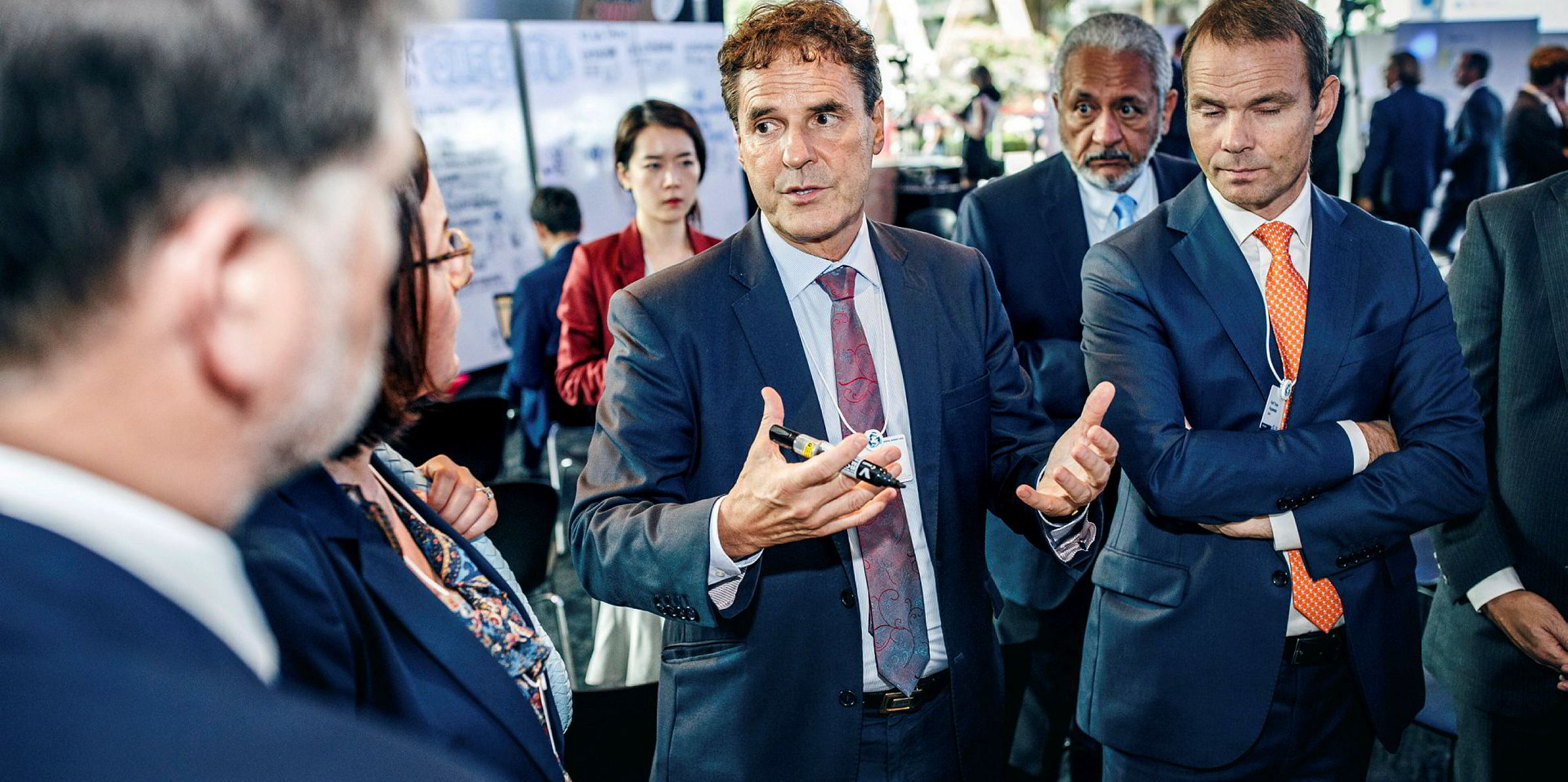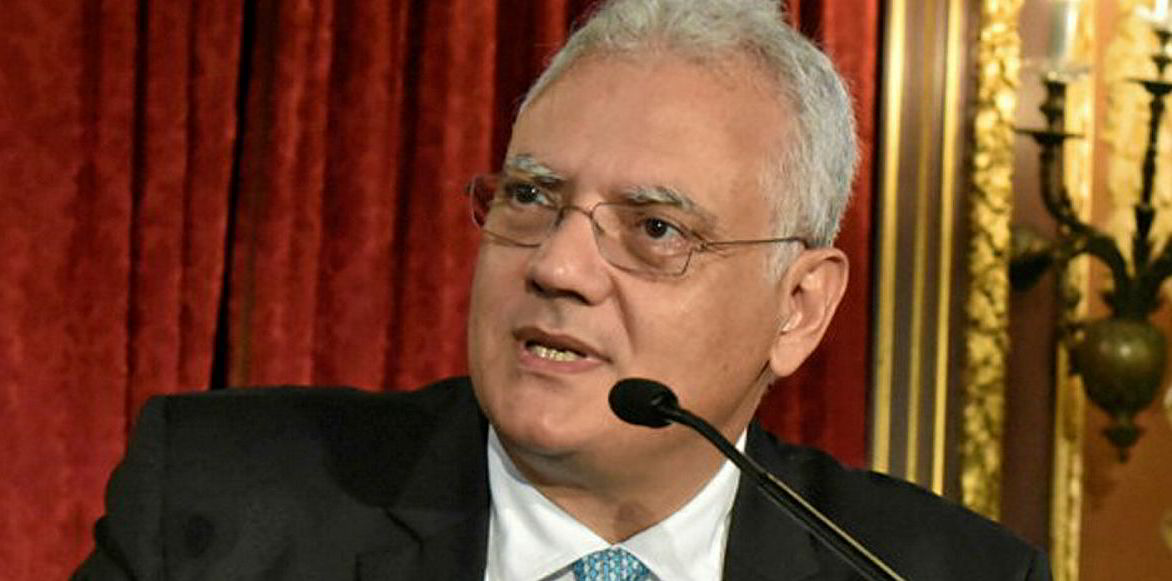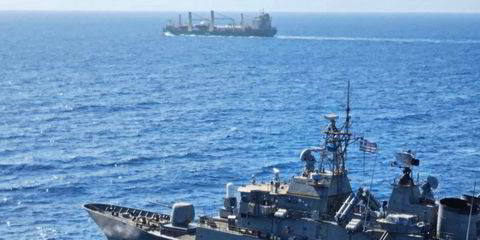Chief executive Polys Hajioannou used Safe Bulkers’ second-quarter results as a pulpit to launch a scathing attack on charterers, who, in his view, fail to do their part in helping shipping cope with the Covid-19 pandemic.
“I am very disappointed to say that owners don’t have charterers’ support,” Hajioannou said on Wednesday in a conference call with financial analysts.
Most cargo owners refuse to accept responsibility for delays and costs caused by the detours ships often need to take to relieve their exhausted crews, he argued.
“Even big names, big charterers, who should have supported small deviations for humanitarian reasons, aren’t willing to collaborate and to assist ... they’re creating a lot of hassle and a lot of problems,” Hajioannou said.
On Tuesday, Safe Bulkers reported a loss for the quarter, in large part due to a 780% increase in voyage costs incurred to access the few ports where crew changes are possible.
Hajioannou's statements are an expression of shipowner anger at charterers’ refusal to include in their charter contracts clauses that envisage an equal sharing of such pandemic-related costs.
Only a small number of charterers such as Cargill, Bunge and Glencore “do their best to assist”, Hajioannou said.
Most others merely put lofty humanitarian principles in their codes of ethics and annual reports, but fail to pass those down to their chartering departments.
“There’s a lot of hypocrisy in the market,” he said. “We all need to sit down and cooperate in order to defuse the time bomb that could kill the entire transportation chain.”
Safe Bulkers reported a second consecutive quarter of net losses, weighed by extra costs and shrinking revenue due to the pandemic.
However, it is optimistic for the future, encouraged by developments in China that show the global economy may be heading towards a V-shaped recovery.
In May, the company took advantage of a rise in freight rates to conclude unusually long charter agreements of five years for six of its non-scrubber-fitted panamaxes.
“The rationale of the five-year charters was that we get a good premium in the first two years, above the current spot market at the time we did the fixture,” Hajioannou said.
“This is a very good cash-flow injection during an uncertain time until we get over this pandemic of Covid-19 or Covid-20”.
Further market improvements mean Safe Bulkers will try to lock in more period charters, even though a large part of its fleet will remain in the spot market.
The company also reiterated it will pursue a conservative strategy during the crisis, preserving its $111m liquidity stash as a security cushion and as a tool to deleverage its $630m debt.
“We intend in the next three to five years to bring the net debt of the company close to the steel value,” president Loukas Barmparis said.
Buying back any of the company’s preferred stock, currently worth $137m, is simply not a priority now, management said in the call.
“The most important thing is to keep a strong cash position in the balance sheet. There’s a lot of uncertainty,” Hajioannou said. “Yes, we’re optimistic about the market and the [fiscal] stimulus package [in China] but there are no guarantees.”






